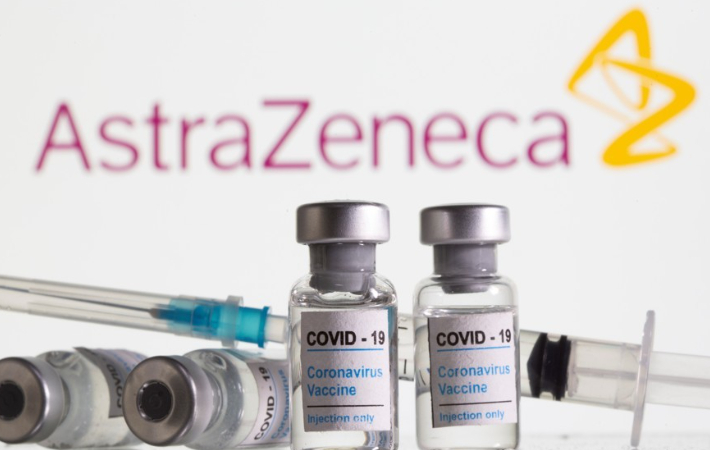AstraZeneca vaccine. yunhap news-Italy has decided not to export AstraZeneca’s COVID-19 vaccine to Australia.
According to CNN broadcast on the 4th (local time), Italy said that it was not allowed to export 250,000 doses of AstraZeneca vaccine to Australia.
Italian Prime Minister Mario Draghi’s spokesman, Paola Ansuini, said the move was taken in accordance with an agreement between Italy and the European Union.
Earlier, the EU and AstraZeneca had a conflict over the quantity of the COVID-19 vaccine. At the end of January, AstraZeneca notified the EU that it would reduce the supply of the Corona 19 vaccine.
In this situation, the European Commission, the executive branch of the European Union, adopted measures to regulate vaccine exports from 27 member states.
Accordingly, this is the first time that vaccine exports have been banned.
The Italian Ministry of Foreign Affairs explained that “AstraZeneca has notified Italy and the EU of a delay in supplying the vaccine,” and said, “The EU did not consider Australia to be a vulnerable country.
Italy has approved AstraZeneca’s export of adequate vaccine samples for scientific research purposes, but stressed that it is questionable whether that amount, which is equivalent to 25,700 doses, is appropriate.
CNN pointed out that the decision is contrary to the intent and humanitarian aid of COVAX, the international community’s plan to provide 2 billion doses of vaccine to underdeveloped countries.
Meanwhile, AstraZeneca refused to take a stand on Italy’s decision.
An official from the EU Commission told CNN that the EU Commission did not object to Italy’s decision.
Manufacturers wishing to export vaccines to countries other than EU member states must inform the member states according to current EU procedures. Member States check the standards for export and decide whether to approve or not. The EU Commission then decides whether to accept or reject the decision of the member states. Member States must follow the final decision of the European Commission.
An official from the European Commission added that member states approved requests for vaccine exports from 174 countries including Korea, the United States, the United Kingdom, and Japan from January 30 to March 1.
–


